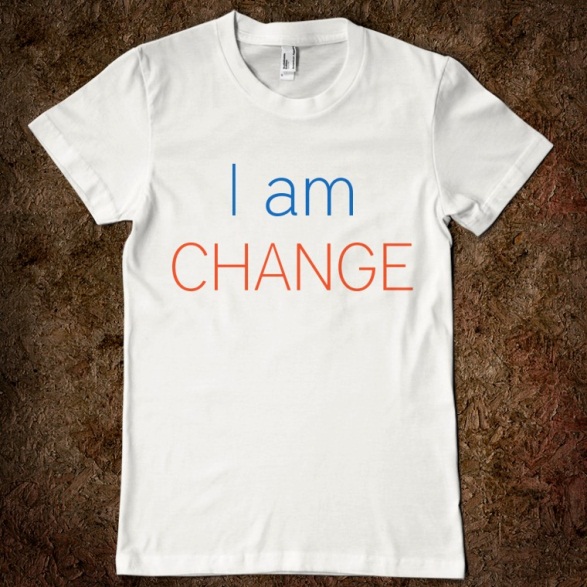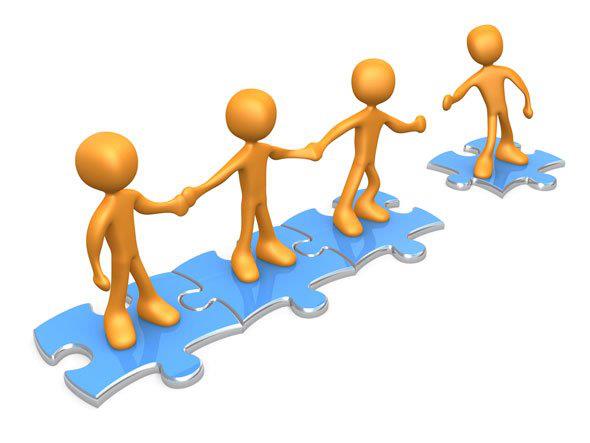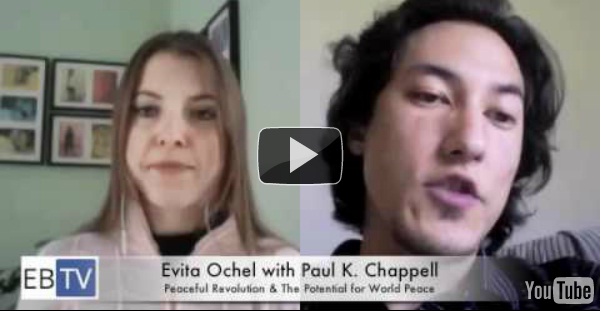


A Glimpse Into The New World
One may ask, “How do we help to bring this new integrated world about, where everybody willingly accepts and joyfully follows the law of interdependence and mutual responsibility?” It has to start with a motivation to study ourselves: what it means to be a complete human being, what the correct environment is, and how we can influence one another favorably – in a manner that is good for everyone. To accomplish that, each of us must become a self-observing scientist, an analyst who studies him or herself as a unique contributor to the common happiness, and the society as a whole – as the most natural, nurturing element necessary for raising a wholesome human being. This requires that we first learn how to get along and co-exist with others and know how to prevent mindless, impulsive conflicts, fraught with total destruction. The entire history of human development was propelled by the notion that some new social, political, or economic system would serve us better than the previous one. If that’s true, why are we still not living in the happy future, after we’ve tried all known paradigms? The answer is – they all failed. Hence, these days humanity finds itself at odds with what used to be the ultimate goal – pleasure. It simply became too hard to reach. Today, we are more apathetic than anxious, disillusioned than hopeful, drained of ambition and ideals. Clearly, our next evolutionary state must be fundamentally different from the current one, which brings us hardly any satisfaction, but is replete with disappointment, frustration, and fatigue. We are no longer thrilled with this world. It has become...
Observing The Law Of Interdependence
For decades, leading scientists have been trying to explain to us Nature’s law of interdependence, which also includes us, humans. And because of that law, we cannot keep avoiding one another. On the contrary, our interdependence is constantly growing – moment to moment, day to day. Historians and economists warn against nations adopting policies of protectionism and isolation in an effort to secure them from the harms of the global crisis by disconnecting themselves from one another. These warnings are valid because they are based on thorough knowledge of history, which shows that such attempts oppose the trajectory of human development that dictates for us to seek each other’s company. So it has been since humanity’s dawn. Yet, our desire for isolation and independence, the culmination of our egoistic growth, has led us to the global crisis we are experiencing today. This begs a question: Is it really to our benefit? After all, perhaps Nature is steering us toward a new and better life, while we, humankind, keep stomping our feet in a stubborn tantrum – we want what we want and we want it now, regardless of what it is going to cost. In other words, to know and ignore the truth about our collective predicament is similar to knowing and ignoring the laws of physics: being aware of gravity and still jumping off a roof leads to a predictable consequence – we’ll get hurt! All our technological and scientific achievements, along with the theoretical and experiential knowledge we have accumulated over the course of history, had but one simple objective: to learn the laws of Nature so we could...
The Need for Integrative Upbringing
The notion of upbringing is usually associated with children, but maybe it is time to reconsider this. Let’s look at some common problems plaguing adults today: Loss of direction in life and inability to create a good and fulfilling life; Inability to fulfill our desires, both for necessities and luxuries; Unhappiness due to inability to provide for the family; Concern for our children, many of whom are acting worse each day and rebel against parental authority; Acute pessimism, resulting in hopelessness and lack of self-confidence in ourselves, mistrust of those close to us and toward the entire world; Drug and alcohol abuse to tune these thoughts down so as not to focus on them and make life tolerable. These and other problems all point to one issue: We have not been well prepared to live in the world as it currently is. The approach that succeeded with our parents and grandparents is no longer working. Maybe it is time to consider re-education for adults. Until recently, being a workaholic was almost honorable; it meant being a hard working, responsible person. But gradually, we forgot why we were working. We became “modern-day slaves,” and the chase after “more, bigger, and better” took over. We were brainwashed by pop culture imposed on us by mass media and companies whose sole interest is to sell as much of their products as possible. We were caught in the rat race of materialism and egoistic self-indulgence. Even for those who are financially comfortable, there is no time to enjoy life due to the constant worry about tomorrow. It seems that the money making game—where...
Peaceful vs. Military
EBTV presents host Evita Ochel with special guest Paul K. Chappell – author, former military captain and leadership director for the Nuclear Age Peace Foundation. The interview covers major topics from Paul’s newly released book, Peaceful Revolution, including: – Paul’s personal journey growing up in a military household – Paul’s personal journey of being in the military – proof that human beings are not naturally violent – how propaganda creates an illusion of necessity for war – the role of dehumanization to making war possible – the repression of sex and its consequences – the repression of death and its consequences – our obsession with violent media – examples of solutions for humanity to achieve world peace – Paul’s wisdom and advice to those who want to enlist in the...
